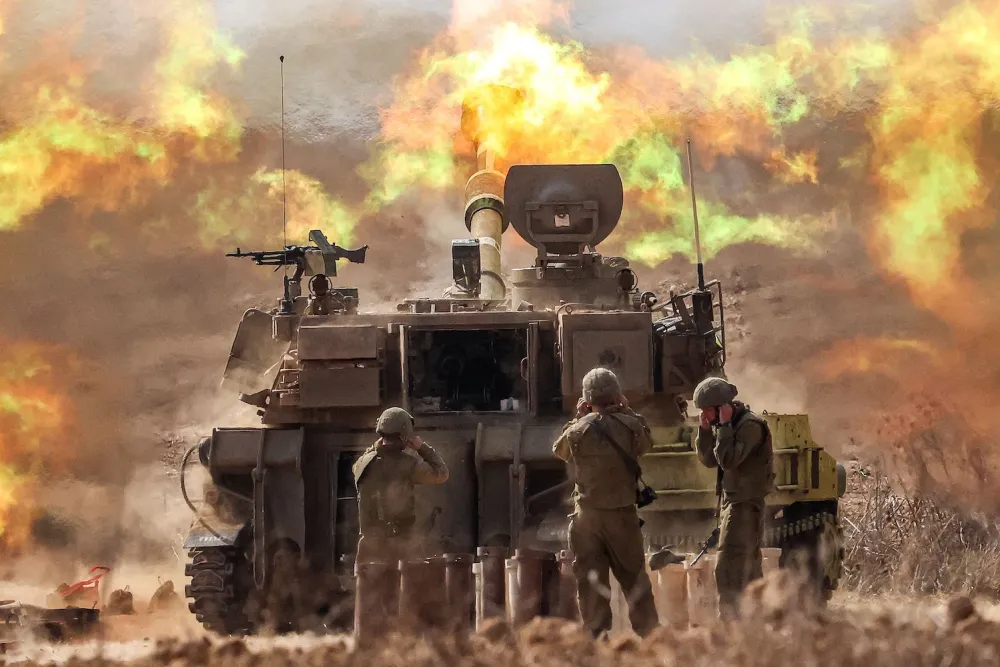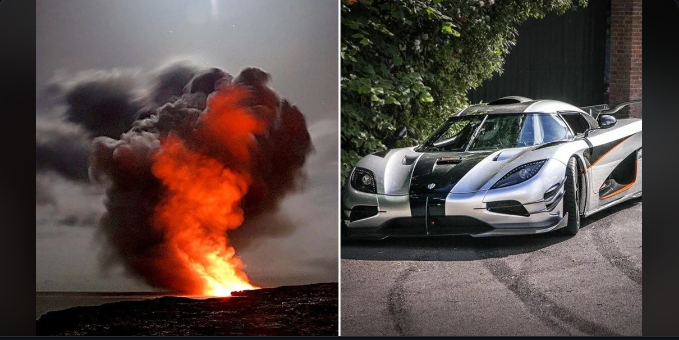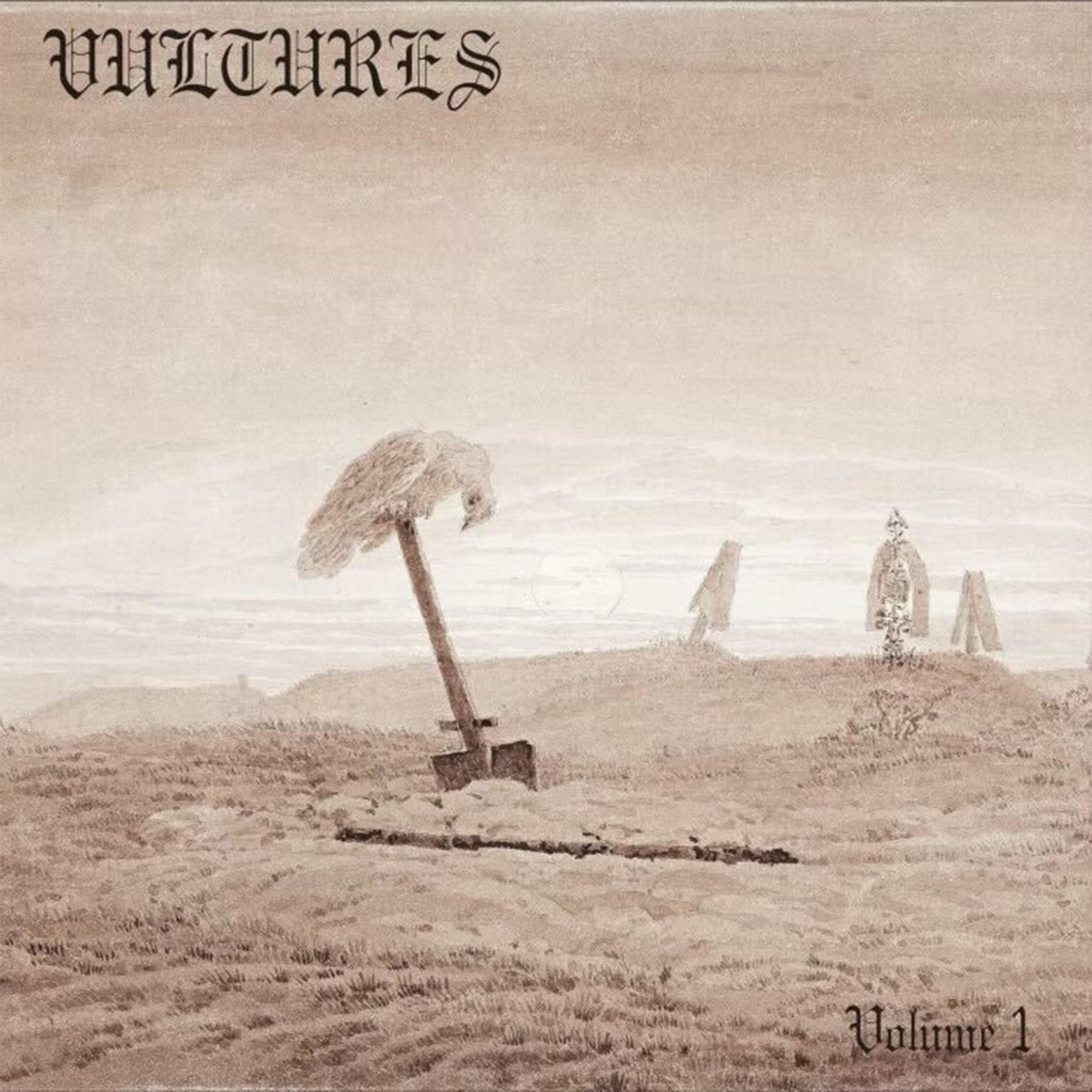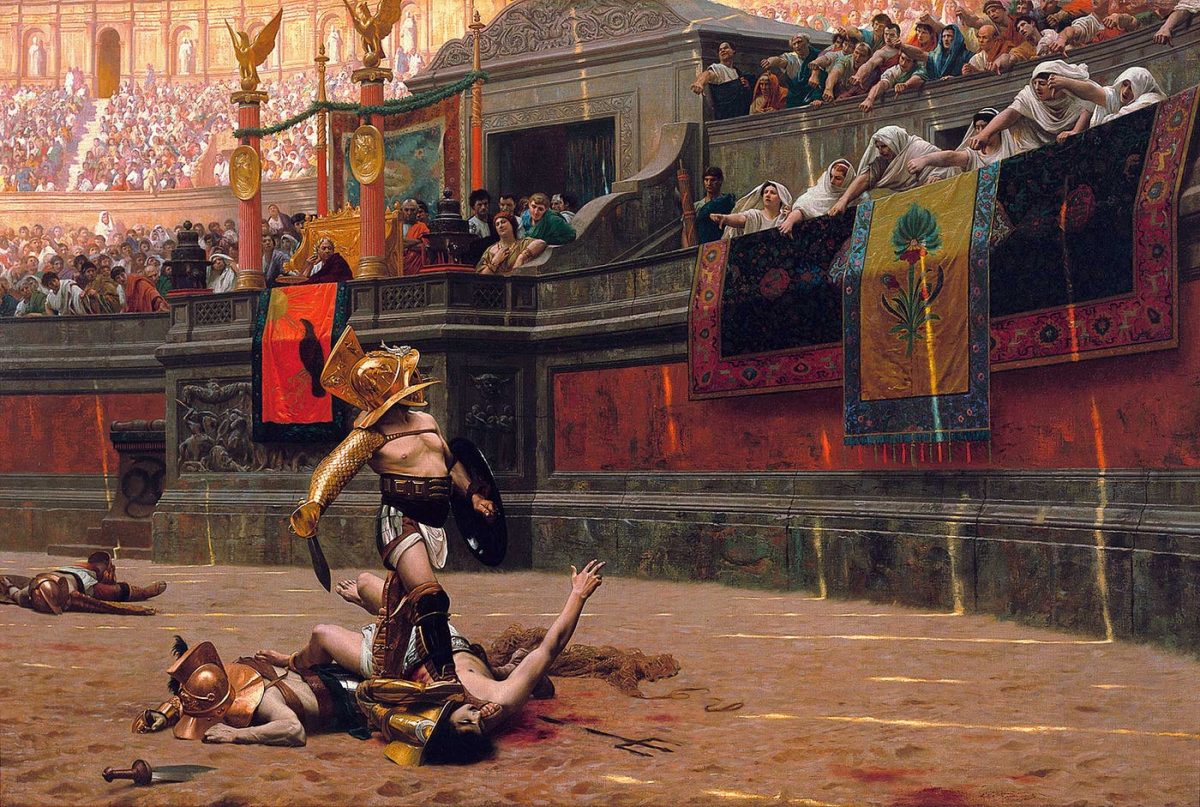In today’s world, military power plays a crucial role in shaping international relations and maintaining global stability. Each country’s military power reflects its geopolitical influence and strategic interests, from traditional land forces to advanced technological capabilities.
United States:
As the world’s foremost military power, the United States boasts unparalleled capabilities across all domains of warfare. With a defense budget surpassing several nations, the U.S. military maintains a formidable nuclear weapons, advanced aircraft, naval fleets, and cutting-edge technology. Its extensive network of military bases and alliances further solidifies its global presence and influence.
Russia:
With its vast territory and historical military prowess, Russia remains a significant player on the world stage. Despite economic challenges, Russia maintains a formidable military force characterized by its large standing army, sophisticated missile systems, and nuclear arsenal. Its military interventions in regions such as Ukraine and Syria demonstrate its willingness to assert its influence in strategic areas.
China:
With its rapid economic growth and modernization efforts, China has emerged as a formidable military power in recent decades. While traditionally focused on its land forces, China has expanded its naval capabilities, investing heavily in aircraft carriers, submarines, and advanced missile systems. Additionally, China’s growing cyber and space capabilities pose new challenges to traditional military strategies.
India:
As the world’s largest democracy, India boasts a sizable military force equipped with diverse equipment and technologies. Focusing on territorial defense and regional stability, India maintains a robust army, air force, and navy. Its strategic location in South Asia and ongoing tensions with neighboring Pakistan and China underscore its importance in regional security dynamics.
United Kingdom and France:
While smaller than the powers mentioned above, the United Kingdom and France wield significant military capabilities stemming from their historical roles as colonial powers and nuclear states. Both nations maintain modernized armed forces, including nuclear submarines, aircraft carriers, and expeditionary capabilities, allowing them to project power globally and contribute to international security efforts.
Conclusion:
In conclusion, military strength remains critical in shaping global affairs and ensuring national security. While the United States maintains its position as the preeminent military power, countries like Russia, China, India, and Europe play pivotal roles in regional security dynamics. Understanding each nation’s military capabilities is essential for maintaining stability and fostering diplomatic relations in an increasingly interconnected world.






























Brian Ramirez • Apr 11, 2024 at 2:31 pm
In my opinion i believe that this article is FLAWED because of Russias poor military and economic situation because of WESTERN powers causing sanctions on the country not having Russia a GREAT power